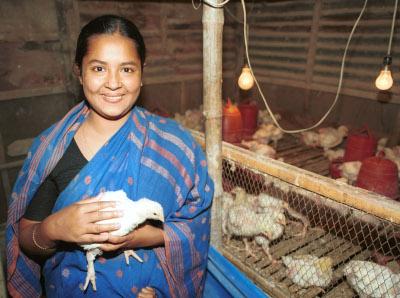As "the global food crisis continues to unfold and impact on the most vulnerable in our societies," the World Council of Churches (WCC) general secretary Rev. Dr Samuel Kobia has called on international institutions and governments to move into swift action.
In a statement on the occasion of the World Food Day (16 October), Kobia has called on international institutions, regional intergovernmental bodies and governments "to address volatility in food and agriculture prices by re-establishing public stocks at national and regional levels". They should also "prevent [agribusiness companies] from abusing their market power" and introduce "legislation at all levels that enshrines the right to food and food sovereignty".
The global food crisis "is not primarily of production, but of distribution and access" and "stems from and reflects a failure to uphold justice and sustainability within an economic system that is driven by the values of greed and materialism," Kobia stated.
In view of this, "churches are called to bring the fundamental links between food, community, ecology and life back into perspective". "The churches need to continue to hold international institutions, governments, corporations and financial speculators accountable for the realization of the right to food and food sovereignty," the statement reads.
Whilst "many churches and their specialized ministries are responding to the crisis," Kobia encourages them to continue their advocacy work and to "renew their commitment to work for genuine land reform - including the redistribution of church lands," as well as to "promote local and environmentally friendly agricultural production".
Full text of the WCC general secretary's statement on the global food crisis
